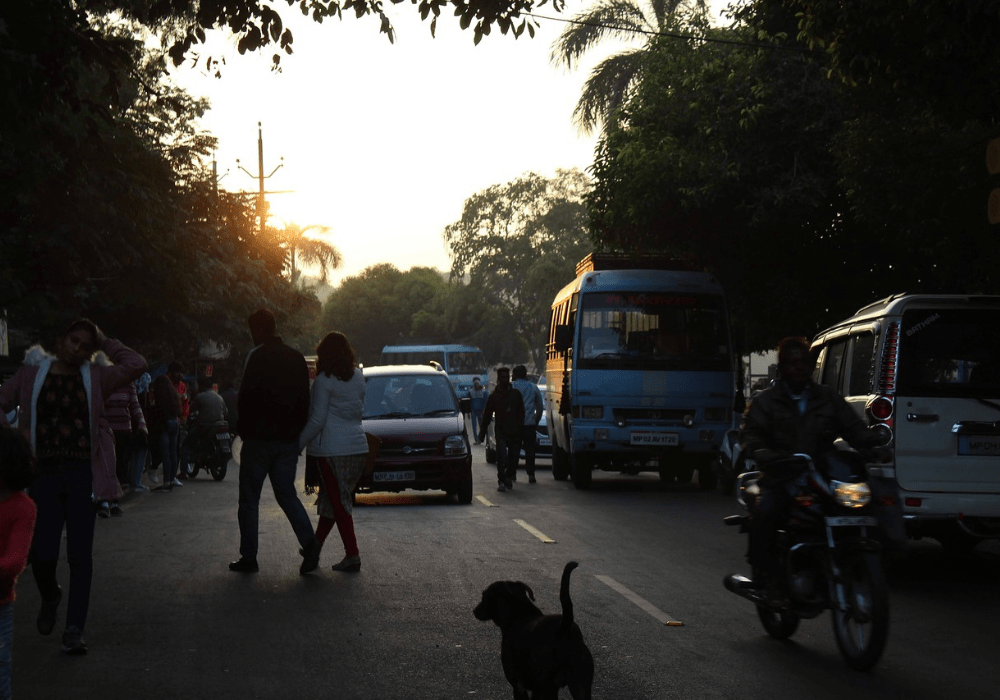
In 1984, Bhopal, India, experienced a poisonous gas leak of methyl isocyanate from the Union Carbide pesticide factory, resulting in the death and injuries of thousands. Many survivors still receive medical care from the Bhopal Memorial Hospital Research Center, which, in 2020, became a COVID-only facility in response to the pandemic. This caused a mass disruption of services for the gas leak survivors, who were forced to find other means of care.
Bhopal, India, is most known for a tragic gas leak that occurred on December 2nd, 1984, when tons of poisonous methyl isocyanate gas leaked from the Union Carbide pesticide factory. The leakage resulted in the death of thousands of people and injuries for half a million. The surviving victims still receive medical care from the Bhopal Memorial Hospital Research Center (BMHRC), a tertiary-level hospital, sharing the space with with approximately 32,000 patients a month. However, when the COVID-19 pandemic arose in March 2020, BMHRC became a COVID-only hospital, causing mass disruption of care for the gas leak survivors.
Under the early COVID-19 precautions, the BMHRC refused continuation of care for the gas leak survivors if they did not test positive for COVID-19. Many were discharged from the ICU to free up hospital beds and resources for COVID-19 patients. The victims of the poisonous gas leak, many of whom suffer from chronic obstructive pulmonary disorder (COPD), heart disease, chronic kidney disease, diabetes, hypertension, and more, were severely impacted and forced to seek out new medical services.
Many survivors require ongoing and frequent treatments, which became unobtainable over the pandemic. One victim, Iqbal Hossain, who suffers from chronic kidney disease, requires three dialysis treatments weekly. Hossain was unable to access treatment at BMHRC during the COVID-19 pandemic, resulting in worsening health ailments. Forced to seek treatment through a private practice, Hossain and his family had to take out a loan for him to receive one treatment a week. This dire occurrence is not uncommon in Bhopal, highlighting the widespread, and often indirect, adversity caused by the COVID-19 pandemic.
By Maya Yorks
